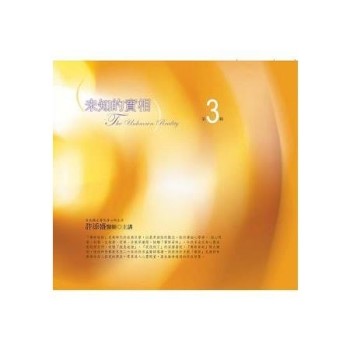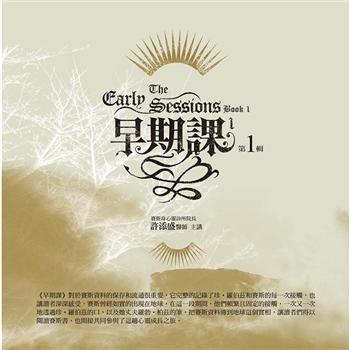When famed literary giant Adrian Gerd Wahl ends his life, he sets in motion the story of Socrates is Dead Again. As existential mystery concerning the suicide of a prominent literary figure, the novel delves into his life as juxtaposed with and through the lens of a diverse group of young writer characters who wanted to be him or obsessively admired him. Like Godot in Beckett’s Waiting for Godot, the central figure in this experimental narrative is largely physically absent, yet his presence is continuously felt as well as imaginatively recreated by the other characters. The co-protagonists in the novel take us into the writing life on the American literary scene. Their quest for elusive literary achievement is variously tragic, darkly humorous, and irrepressibly hopeful.
Socrates is Dead Again reveals story through multi-voiced, short narratives in which story itself becomes a character. Writing as an attempt to understand, chasing fame, jealousies, reading literature, transgression, mystery in the tragedy of suicide, and hope coupled with doubt behind a writer’s words are the threads that connect. The novel also explores the concept of individual authorship in the context of "death of the author" literary theory through story. Ultimately, Socrates is Dead Again is a search for the meaning of an individual’s life and our struggle to be recognized in an often chaotic and indifferent world.
Socrates is Dead Again was a finalist in 2019 William Faulkner-William Wisdom Creative Writing competition in the novel category and is meant to be a shared reading experience with writers and readers who work on or think about one day writing the great American novel.

 看圖書介紹
看圖書介紹








